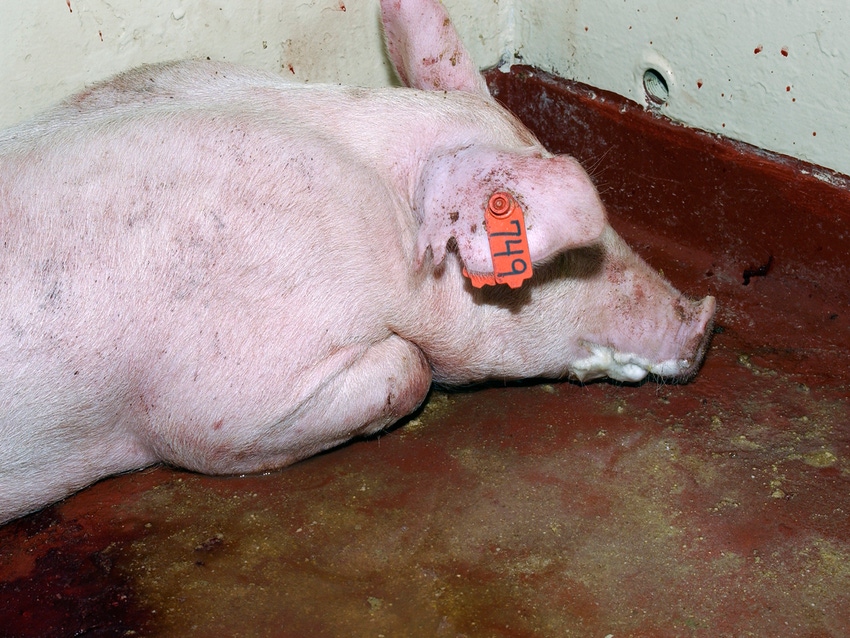In coordination with the pork industry, USDA has enhanced activities to intensify multi-agency efforts toward the prevention of ASF’s entry into the United States.
March 6, 2019

The USDA today announces additional steps to keep African swine fever from entering the United States, even as the disease spreads internationally. These steps strengthen the protections announced last fall after the deadly swine disease reached China. The goal remains to protect our nation’s swine industry from this disease. ASF does not affect people, nor is it a food safety issue.
In coordination with the pork industry, USDA’s Undersecretary for Marketing and Regulatory Programs, Greg Ibach, states the following enhanced activities to intensify multi-agency efforts toward the prevention of ASF’s entry into the United States.
Work with Customs and Border Patrol to train and add 60 additional beagle teams for a total of 179 teams working at key U.S. commercial, sea, and air ports;
Coordinate with CBP on the further expansion of arrival screenings at key U.S. commercial sea and air ports — including checking cargo for illegal pork/pork products and ensuring travelers who pose an ASF risk receive secondary agricultural inspection;
Increase inspections and enforcement of garbage feeding facilities to ensure fed garbage is cooked properly to prevent potential disease spread;
Heighten producer awareness and encourage self-evaluations of on-farm biosecurity procedures;
Work to develop accurate and reliable testing procedures to screen for the virus in grains, feeds and additives, and swine oral fluid samples;
Work closely with officials in Canada and Mexico on a North American coordinated approach to ASF defense, response and trade maintenance;
And continue high level coordination with the U.S. pork industry leadership to assure unified efforts to combat ASF introduction.
“We understand the grave concerns about the ASF situation overseas,” Ibach says. “We are committed to working with the swine industry, our producers, other government agencies and neighboring countries to take these additional steps.”
At the same time, USDA is continuing to enhance our planning so that we’re prepared in case we ever have to combat ASF. Along with our wide range of partner groups, we are working through several different ASF planning and response exercises. These cover different aspects — from trade implications to policy discussions to the boots-on-the-ground realities of a response. These will help everyone involved ensure their response plans are ready and identify any preparedness gaps that must be addressed.
The National Pork Producers Council applaude these additional measures, as the risk of ASF is growing as outbreaks continue throughout China and other parts of Asia.
“U.S. pork producers are already facing headwinds in the form of trade disputes with key export markets; an outbreak of ASF would be devastating,” says NPPC President Jim Heimerl, a pork producer from Johnston, Ohio. “With no available vaccine, prevention is our only defense. We thank Undersecretary Greg Ibach and the USDA’s Animal and Plant Health Inspection Service for strengthening safeguards to protect our animals and the rural economy.”
ASF is a highly contagious and deadly viral disease affecting both domestic and feral (wild) pigs in all age groups. It is spread by contact with the body fluids of infected animals. It can also be spread by ticks that feed on infected animals. For more information, please visit the Animal and Plant Health Inspection Service ASF webpage.
Heimerl adds, “These are good next steps. We look forward to continued dialogue with USDA to do all that we can to keep ASF and other animal diseases out of the United States.”
Sources: USDA and National Pork Producers Council, which are solely responsible for the information provided, and wholly owns the information. Informa Business Media and all its subsidiaries are not responsible for any of the content contained in this information asset.
You May Also Like



